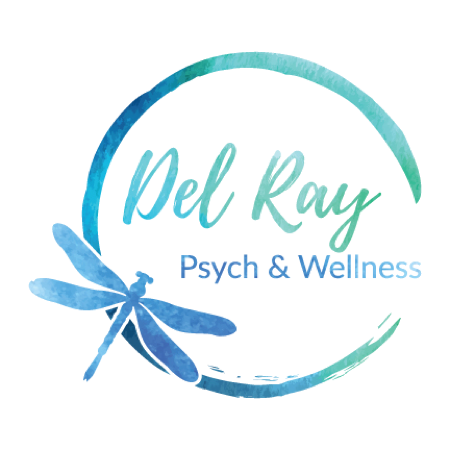Overcome Anxiety and Reclaim Your Life
Anxiety can feel overwhelming, but you don’t have to face it alone. Our anxiety therapy is designed to help you understand and manage the thoughts, feelings, and behaviors that contribute to your anxiety. Whether you're struggling with generalized anxiety, social anxiety, Obsessive Compulsive Disorder, panic attacks, or specific phobias, therapy can provide the tools to break free from the constant cycle of worry and fear.
Is Anxiety Therapy Right for You?
Ask yourself these questions:
Do you frequently feel tense, nervous, or on edge?
Have you experienced physical symptoms like a racing heart, trouble sleeping, sweating, or shortness of breath without a clear cause?
Do you avoid certain places, people, or situations due to fear or anxiety?
Do you often feel like your mind is racing and/or you are unable to focus?
Are anxiety and worry affecting your work, relationships, or daily life?
If you answered "yes" to any of these, our anxiety therapy might be a good fit.
How We Can Help
Through evidence-based techniques like Cognitive Behavioral Therapy (CBT) and mindfulness practices, we'll work together to identify triggers, challenge negative thinking patterns, and develop coping strategies that empower you to regain control and live more fully in the present.
Cognitive Behavioral Therapy (CBT): Gain tools to identify and challenge negative thought patterns.
Mindfulness-Based Practices: Learn to stay present and grounded, even in challenging moments.
Acceptance and Commitment Therapy (ACT): Learn to accept difficult emotions while focusing on what truly matters to you.
Somatic Techniques: Connect with your body to release stored tension and reduce anxiety symptoms.
Eye Movement Desensitization and Reprocessing (EMDR): Reprocess and reframe negative memories and emotions causing anxiety.
What to Expect
Our therapy sessions provide a safe, judgment-free space to explore your feelings and challenges. Together, we’ll create a personalized plan to help you achieve your goals, whether that means overcoming specific fears, improving your relationships, or simply feeling more at ease in your daily life.
Take the First Step
You deserve to feel peace in your daily life. Let’s work together to help you feel more confident, calm, and in control. Call 571-281-0338 ext. 0, email office@delraypsych.com or fill out the form below to schedule your first session or a free 15-minute consultation. We will respond within 48 hours.





